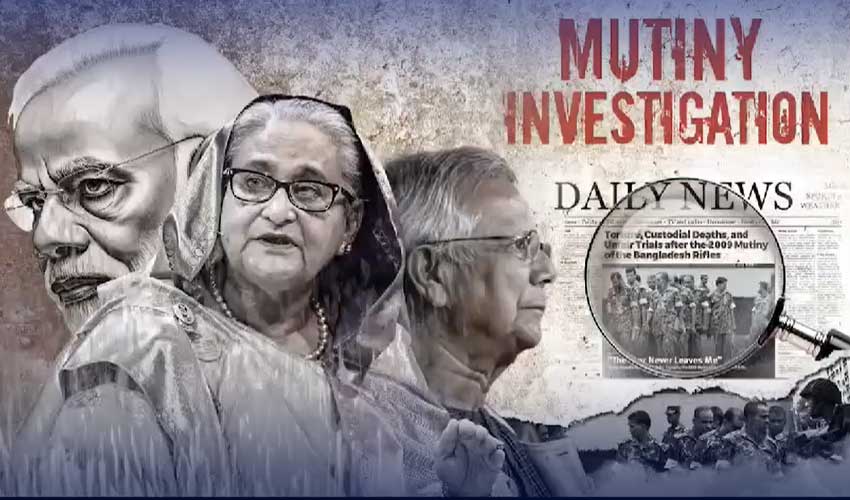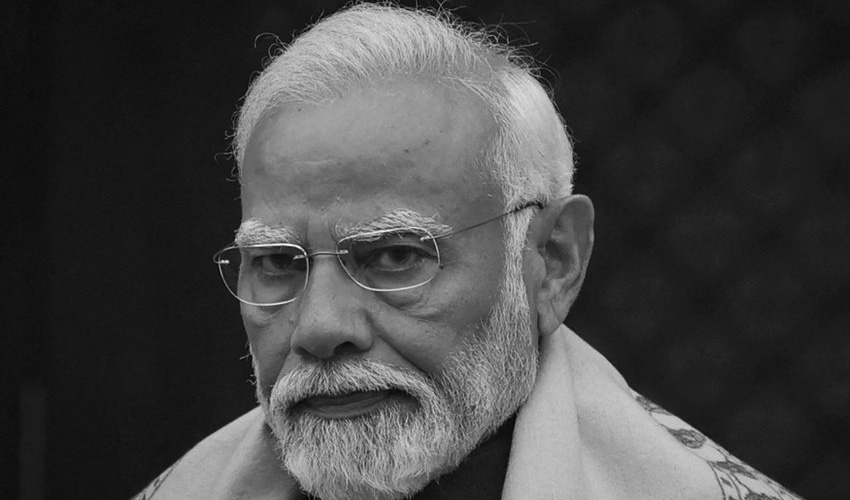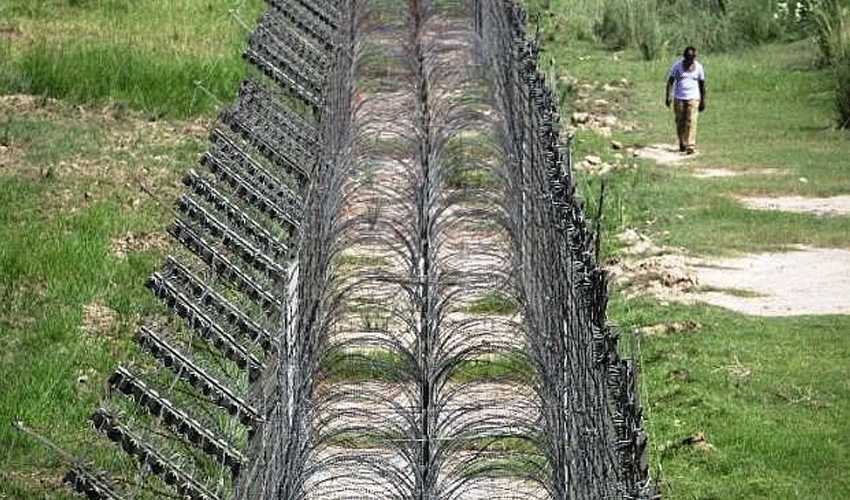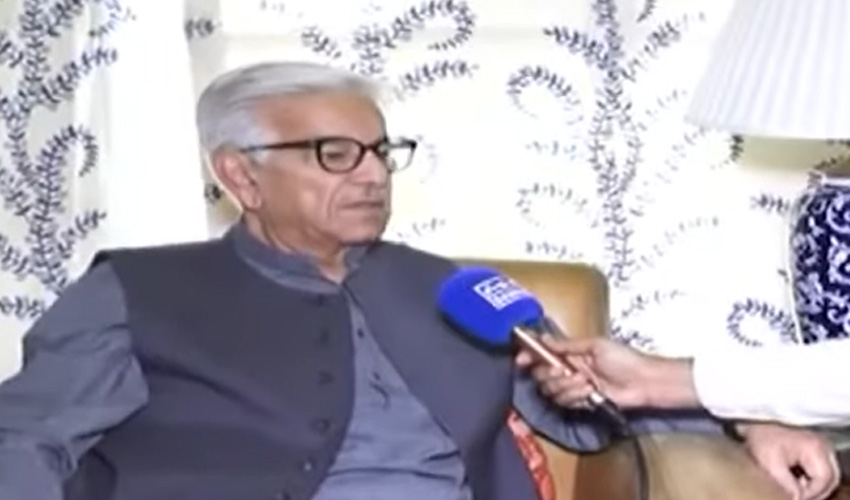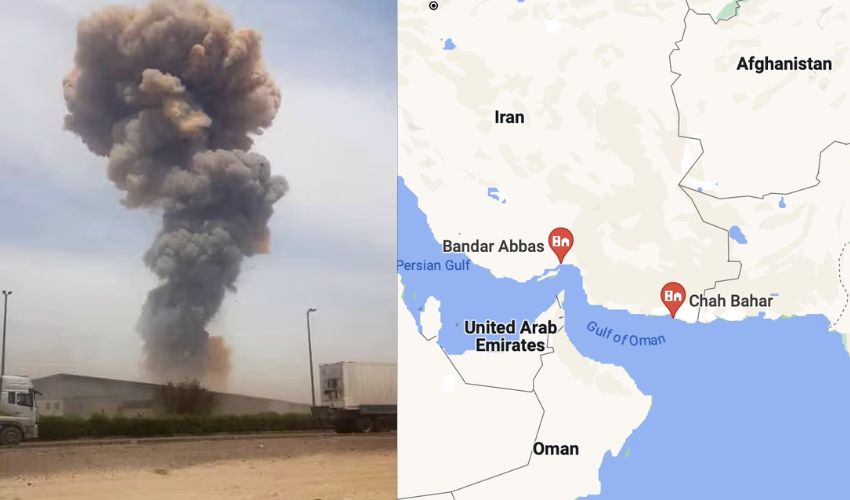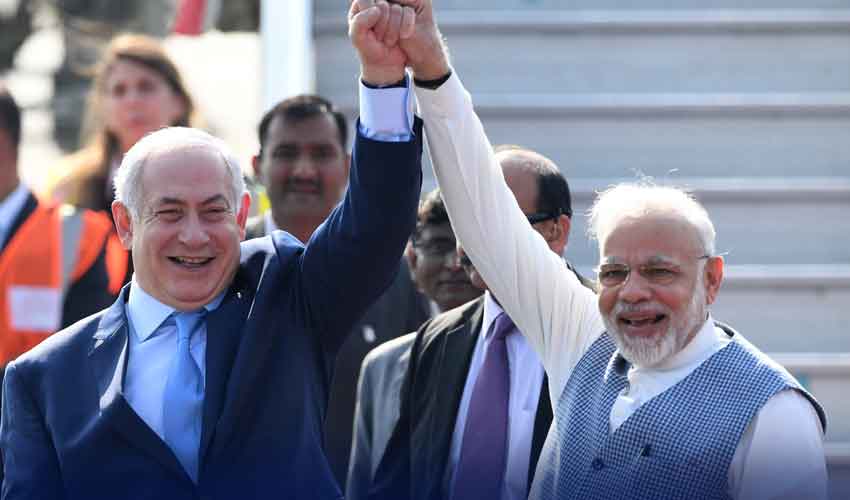Bangladesh has initiated a new investigation into the deadly 2009 Bangladesh Rifles (BDR) mutiny, responding to persistent calls from victims' families seeking justice for the violent uprising that resulted in 74 deaths at the Pilkhana headquarters.
The incident, which occurred between February 25-26, 2009, marked one of the most significant crises in Bangladesh's military history. The mutiny at the BDR headquarters in Pilkhana resulted in numerous casualties, including both military personnel and civilians.
In the aftermath of the uprising, the paramilitary force underwent significant restructuring, including a name change from Bangladesh Rifles (BDR) to Border Guard Bangladesh (BGB). Family members of the victims are now calling for the restoration of the organization's original name, alongside demands for a comprehensive investigation.
The new probe aims to examine various aspects of the incident, including the circumstances that led to the uprising and its aftermath. According to international reports, families of the deceased continue to seek closure and accountability through this renewed investigation.
During the crisis, then-Prime Minister Sheikh Hasina Wajed's government faced one of its earliest and most serious challenges. Reports from the time indicate the administration sought regional diplomatic support to address the situation.
The incident led to significant changes in Bangladesh's security apparatus and civil-military relations. The transformation from BDR to BGB represented not just a name change but a comprehensive reorganization of the border security force.
Families of the victims maintain that many questions about the uprising remain unanswered, prompting their continued advocacy for a thorough investigation. The new probe is expected to examine previously unexplored aspects of the incident while addressing longstanding concerns of the affected families.





